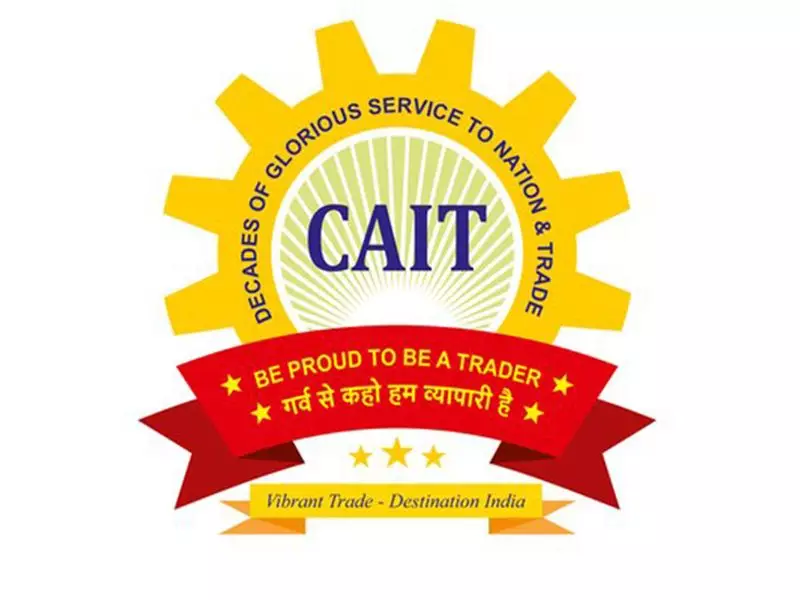
The Confederation of All India Traders (CAIT) has announced a massive nationwide movement called the Swadeshi Sankalp Rath Yatra in direct response to Prime Minister Narendra Modi's call for promoting indigenous products and self-reliance. This significant initiative aims to create widespread awareness about the importance of supporting Indian-made goods and strengthening the domestic economy.
Nationwide Movement for Economic Self-Reliance
The Swadeshi Sankalp Rath Yatra will commence on February 26 from four historically significant locations across India - Delhi, Kolkata, Mumbai, and Hyderabad. This strategic selection of starting points represents the pan-India nature of the movement and its commitment to reaching every corner of the country.
According to CAIT National President B.C. Bhartia and National Secretary General Praveen Khandelwal, the rath yatra will traverse through all states and union territories, covering approximately 500 major cities and towns. The extensive route demonstrates the organization's determination to make this a truly national campaign that resonates with traders and consumers alike.
Objectives and Implementation Strategy
The primary objective of this ambitious campaign is to encourage both traders and consumers to prioritize Indian-made products in their business and purchasing decisions. The movement specifically targets reaching over 10 crore people across the nation, making it one of the largest initiatives of its kind in recent times.
CAIT has developed a comprehensive strategy to ensure the success of this campaign. The organization plans to mobilize its extensive network of trade associations spanning all states and union territories. This grassroots approach will help create meaningful engagement at the local level while maintaining the national character of the movement.
The confederation has committed to providing all necessary resources and support to its state and district units to guarantee the rath yatra's success. This includes logistical support, promotional materials, and coordination mechanisms to maintain consistency throughout the campaign.
Building on PM Modi's Vision
The timing of this initiative is particularly significant as it comes shortly after Prime Minister Modi's strong advocacy for swadeshi products during his recent addresses. CAIT leadership has positioned this movement as a direct implementation of the Prime Minister's vision for economic self-reliance and support for domestic manufacturing.
B.C. Bhartia emphasized that the rath yatra represents the trading community's firm commitment to the Prime Minister's call for promoting indigenous products. He stated that Indian traders are ready to play a crucial role in building a self-reliant India by prioritizing homegrown goods in their business operations.
Praveen Khandelwal highlighted that the campaign will focus on creating awareness about the quality and competitiveness of Indian products. The movement aims to change consumer perceptions and buying habits while encouraging traders to expand their inventory of indigenous goods.
Expected Impact and Future Implications
The Swadeshi Sankalp Rath Yatra is expected to create significant momentum for the swadeshi movement across the country. By targeting both the supply and demand sides of the market, CAIT hopes to create a sustainable ecosystem for Indian products.
The campaign represents a major step in strengthening the domestic manufacturing sector and reducing dependence on imported goods. This aligns with the broader national objective of making India a global manufacturing hub while creating employment opportunities within the country.
As the rath yatra progresses through different states, it will organize various awareness programs, meetings with local traders, and consumer engagement activities. These interactions will help build a stronger connection between producers, traders, and consumers while promoting the swadeshi cause.
The success of this initiative could potentially reshape market dynamics and consumer behavior patterns across India, creating long-term benefits for the domestic economy and supporting the growth of Indian industries and manufacturers.





